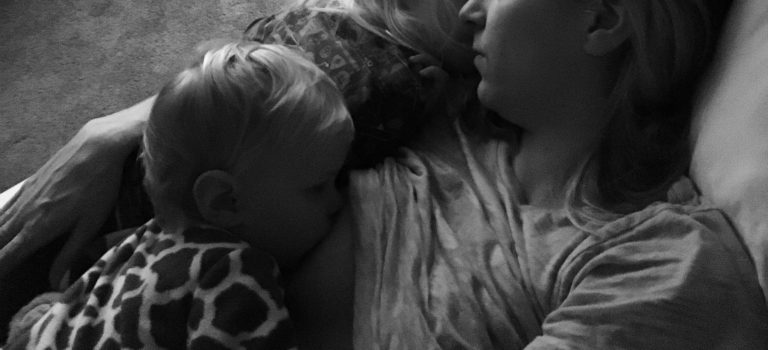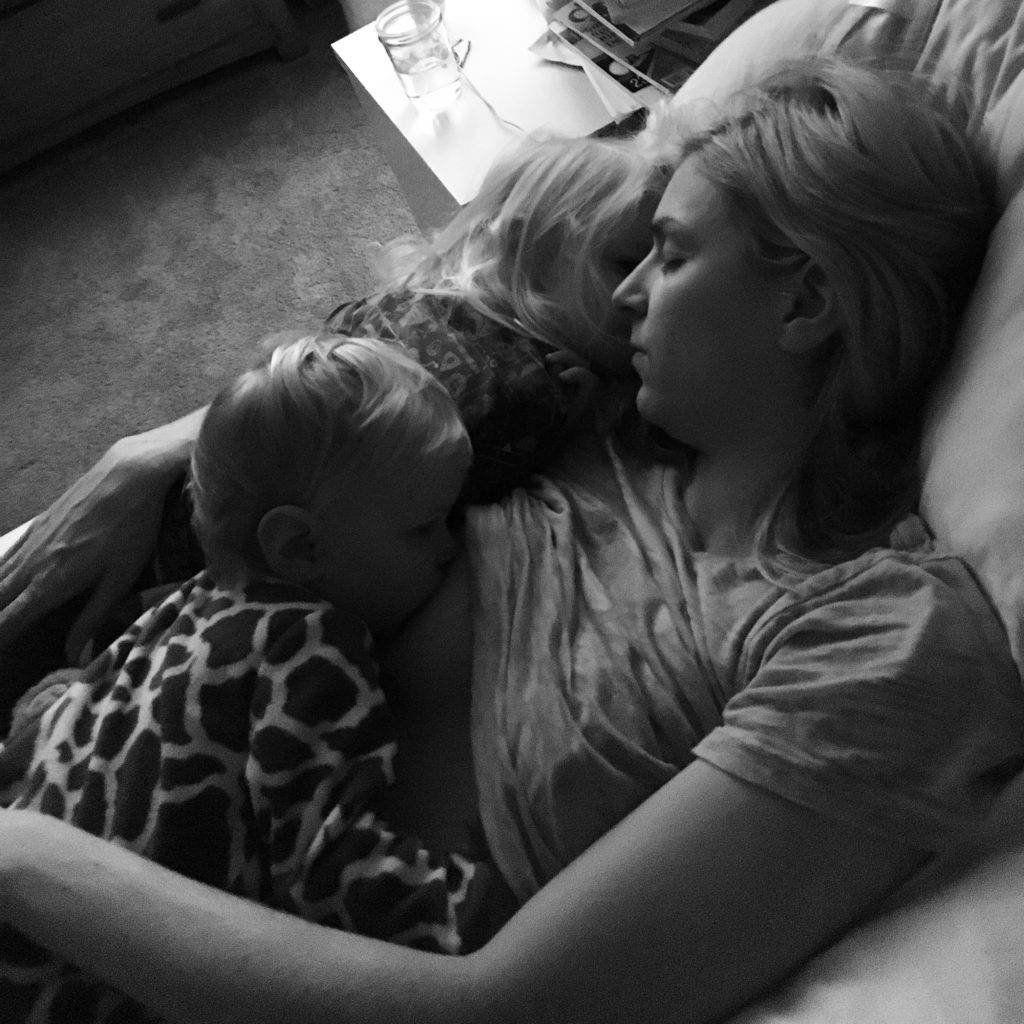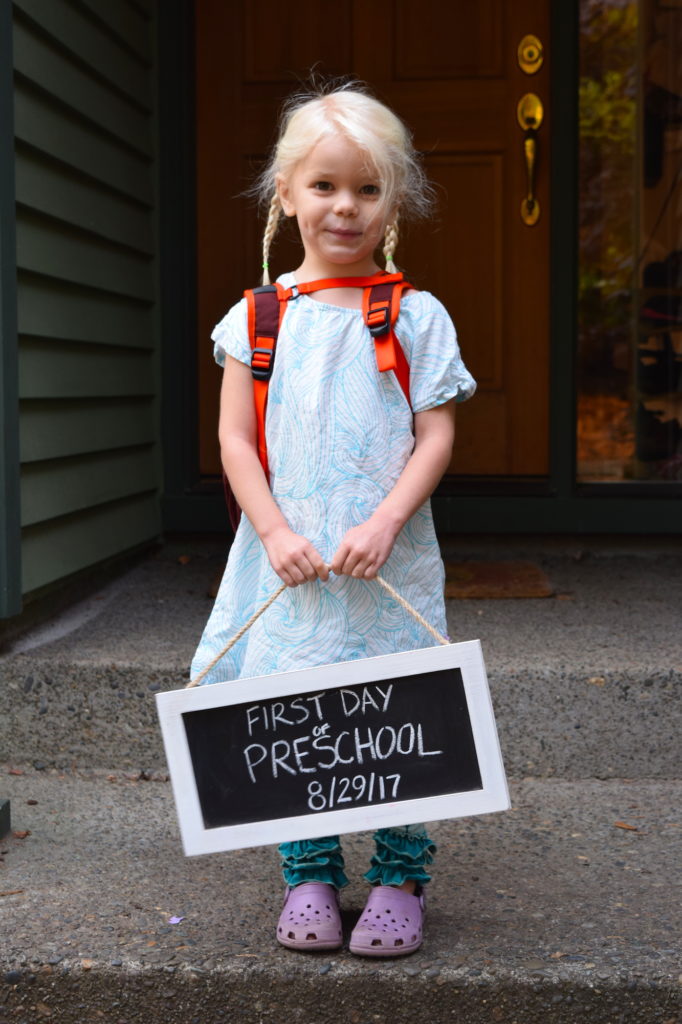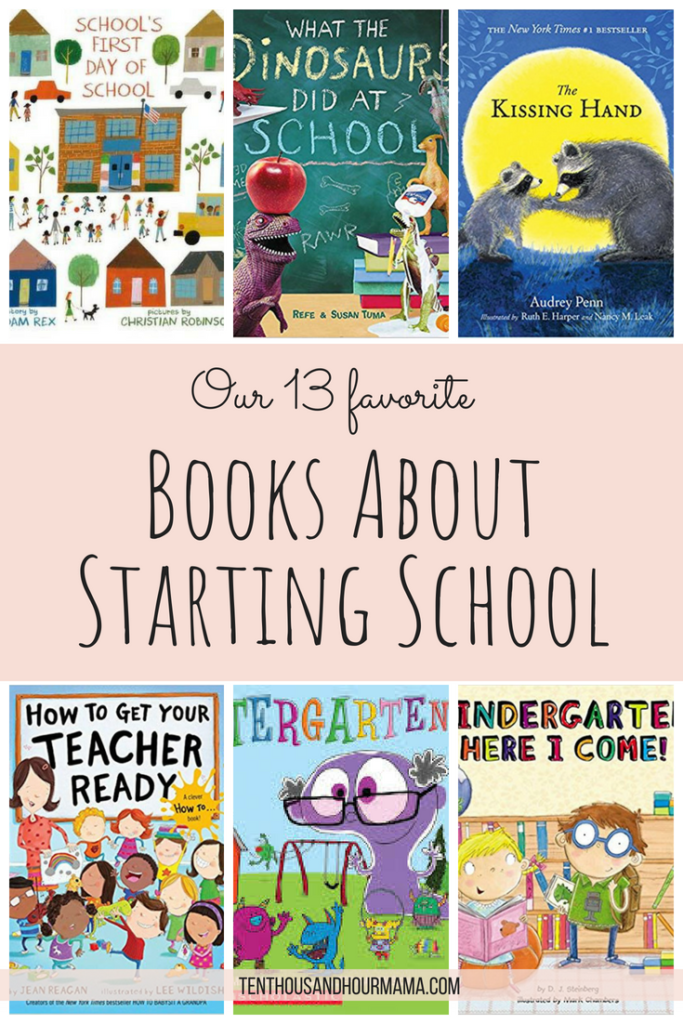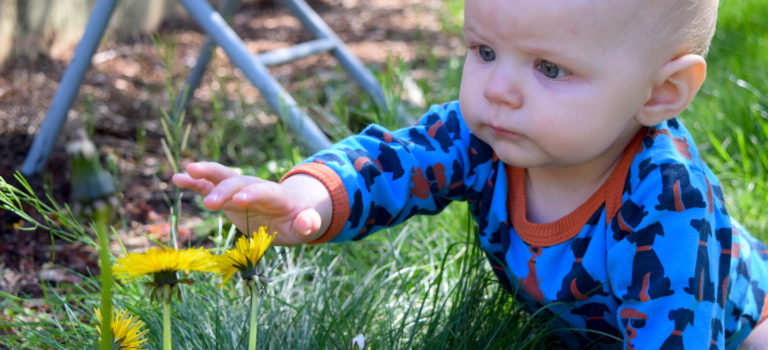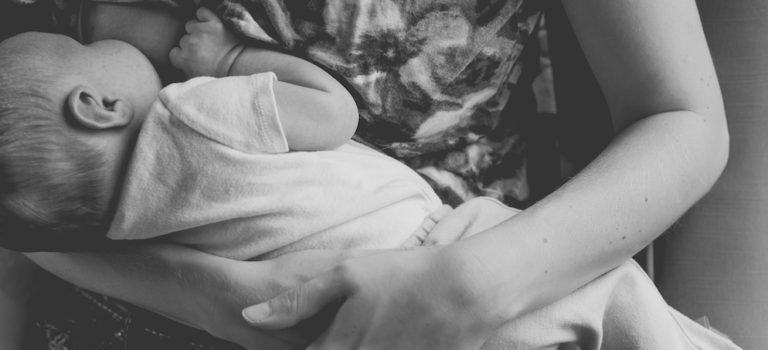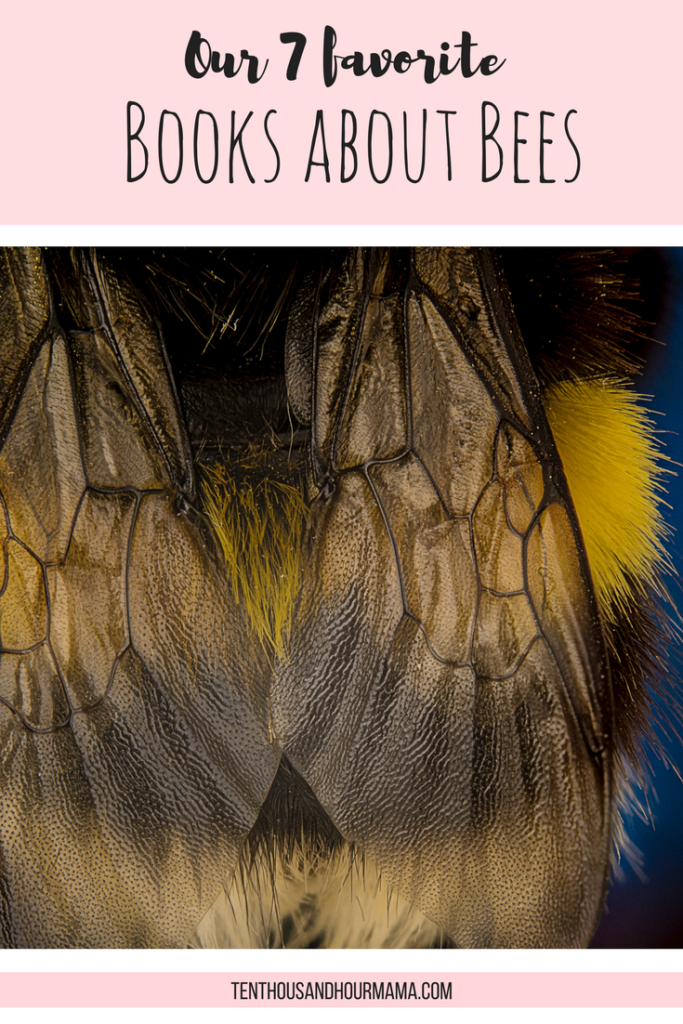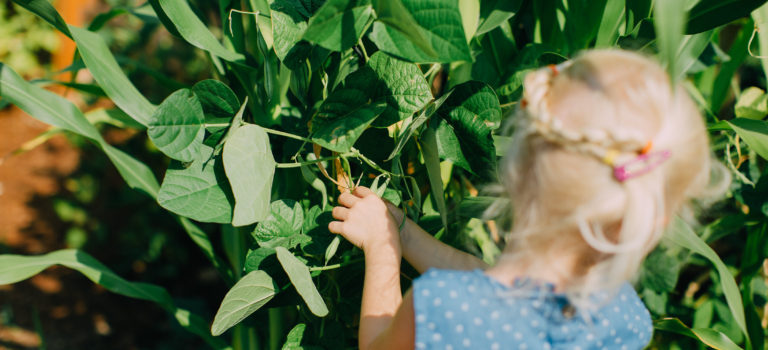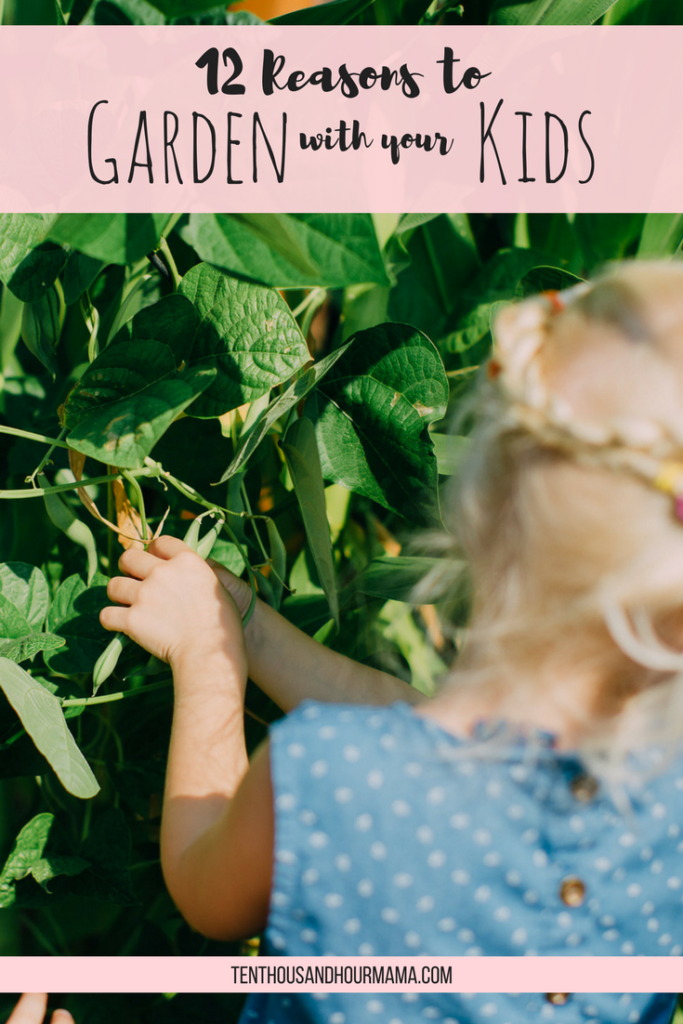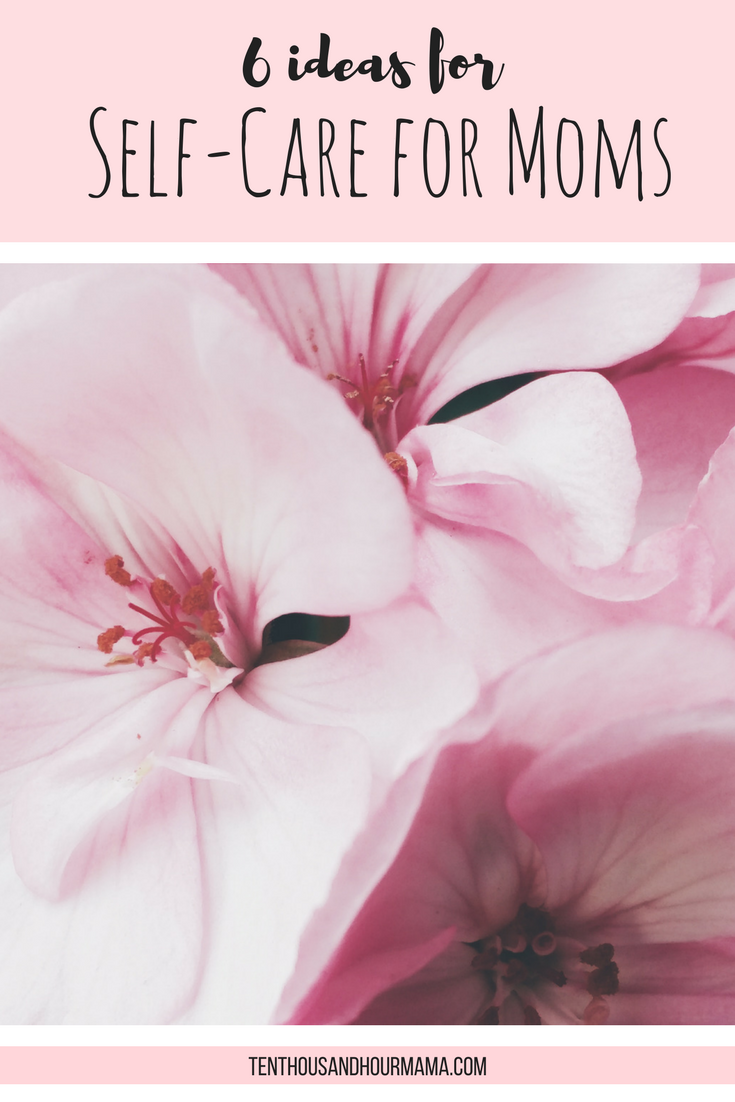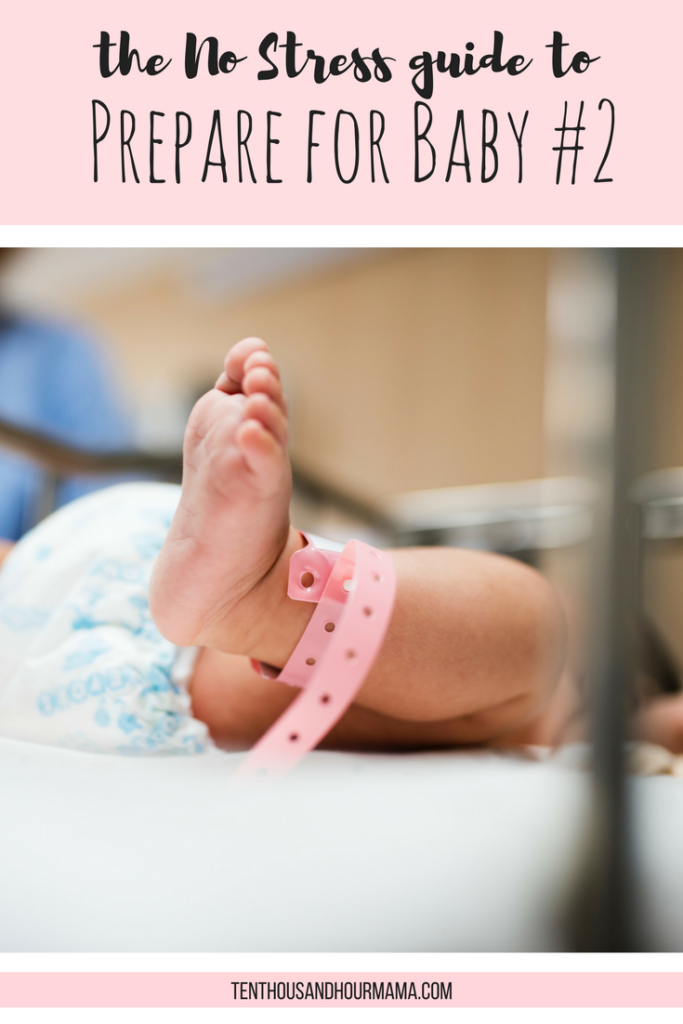Moms, I’m pretty sure you’ll agree that your whole world changes when you deliver your baby and hold her in your arms for the first time. Your heart cracks open and comes together again in an entirely new way to make space for all the love you feel for the newest member of your family. In addition to the tsunami of feelings, though, can come the feeling of drowning in a wholly different way. When you first have your baby, you might wonder why breastfeeding is so hard, so painful, so frustrating. I learned this the hard way, and it took much too long for me to discover the reason why: tongue tie and breastfeeding is a combination that can turn out in truly horrible ways. Here’s the good news, though: You can fix your tongue tie and breastfeeding problems.
Tongue tie and breastfeeding: A fixable problem
Breastfeeding is hard for many women and babies, but it doesn’t have to stay that way. The first weeks of my older daughter Peeper’s life were filled with tears (from both Baby and Mom), slow or no weight gain, bleeding nipples and emotional turmoil. I searched for answers anywhere and everywhere, but the reason breastfeeding was so hard was closer: in my baby’s mouth.
Once I discovered the link between tongue tie and breastfeeding pain, my baby and I set off on the path to a happy, healthy breastfeeding relationship. I ended up breastfeeding Peeper for 14 months and Kiwi for 24 months—all because we corrected their tongue tie. Getting her tongue tie diagnosed also helped bring back my milk supply from almost nothing to being able to pump 5 ounces at a time.
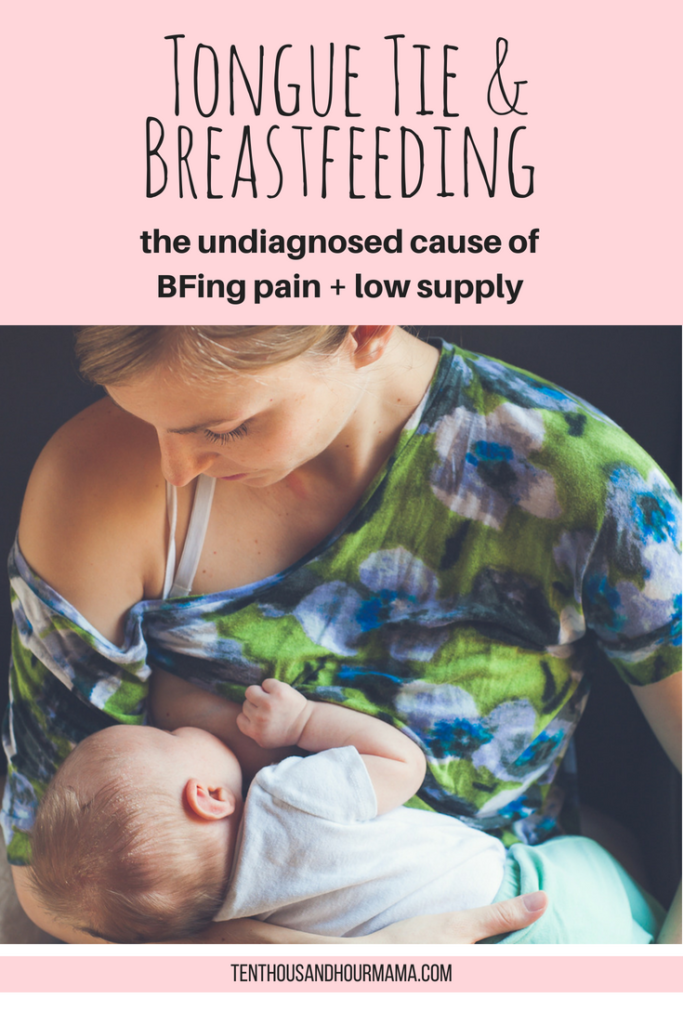
If you’re having trouble breastfeeding, I hope this post helps. If your baby has tongue tie, know that you’re not alone—and that fixing it may save your goals of breastfeeding.
The undiagnosed breastfeeding issue
When I gave birth to my first child, I knew I wanted to breastfeed. Yes, breastfeeding is good for both Baby and Mama, but my breastfeeding goals were more instinctual and emotional. Something just felt right when Peeper scooched up, found my breast, and started nursing.
But breastfeeding also felt awful. It hurt. I thought pain while breastfeeding was normal; I figured the pain would go away. It didn’t, and after just 24 hours nursing my baby, my nipples were raw and sore.
Lactation consultants checked in on me, adjusted Peeper’s latch and referred me to breastfeeding advisers. I visited lactation experts three times a week, trying to fix my baby’s latch and get me some relief.
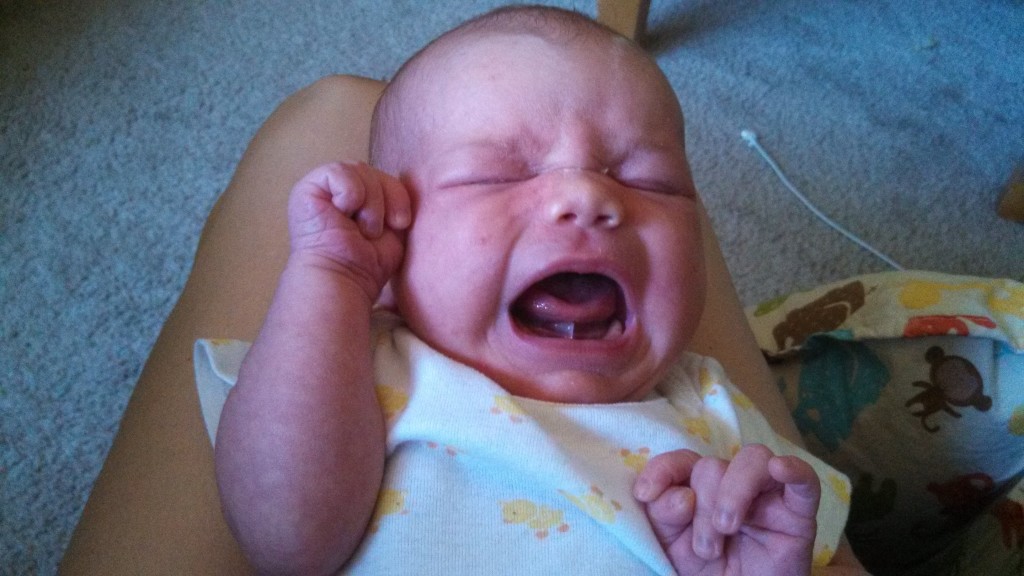
I had been nursing Peeper on bleeding nipples for a month before a lactation consultant asked me, “Has your baby been evaluated for tongue tie?”
My baby and I had seen at least a half-dozen lactation consultants and three pediatricians, and no one—not a single person—had suggested tongue tie affects breastfeeding. I had never even heard of tongue tie, so I didn’t know to ask about it. But after I brought my baby to a pediatric ear, nose and throat doctor (ENT), he immediately diagnosed tongue tie.
A simple solution to save your breastfeeding relationship
Peeper’s tongue tie diagnosis didn’t come until she was 2 months old—quite late, considering she and I had struggled to breastfeed that entire time. Also during her first months, she ended up going hungry because my breast milk supply dropped from the lack of proper stimulation (from an incorrect latch due to the tongue tie) and pain.
Yet a few seconds and a pair of scissors corrected the tongue tie.
I was horrified that a doctor wanted to cut any part of my baby, but if one simple procedure would save our breastfeeding relationship, I was willing to try.
We didn’t see improvements in breastfeeding immediately. After all, Peeper had spent two months with restricted tongue movement from the tongue tie, so she had to unlearn months of muscle memory. What’s more, I had endured substantial nipple damage which took weeks to heal.
But eventually, Peeper and I relearned how to breastfeed. My breast milk supply returned, and Peeper started to nurse with a proper latch. She gained weight, and we resumed the beautiful breastfeeding relationship I’d dreamed of.
Does my baby have tongue tie?
While Peeper and I didn’t get help with her tongue tie until she was two months old, I knew what signs to look for with Kiwi, my second child.
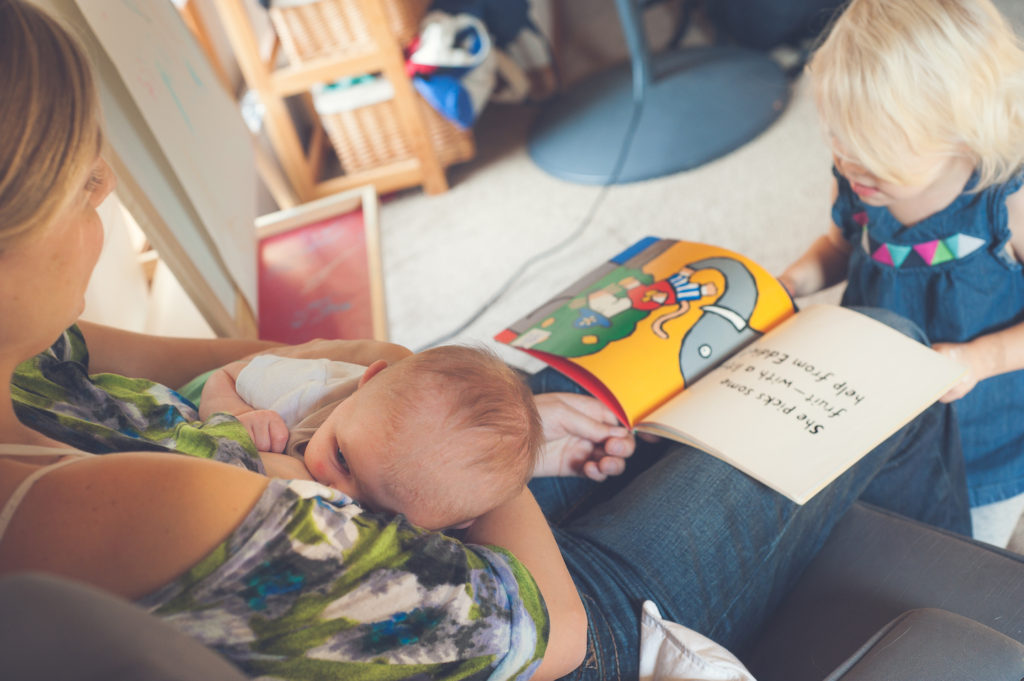
Kiwi showed many of the same signs of tongue tie that her big sister did.
The signs and symptoms of tongue tie in infants
- A shortened frenulum, or vertical strip of tissue that connects the bottom of the tongue to the mouth. These tend to be thicker and they extend farther toward the tip of the tongue in many tongue-tied babies, limiting their ability to open wide and move their tongue. A shortened frenulum can be thought of as a short leash—it won’t let the tongue go as far as a typical tongue can move.
- Pain while breastfeeding. Discomfort and even some pain is normal in the first days of breastfeeding as your body gets used to its new job, but extended and severe pain is not normal. Research shows that tongue tie accounts for many painful breastfeeding problems, so it’s important to consider tongue tie as one possible cause of breastfeeding pain.
- Nipple damage. Tongue tie prevents a baby from opening his mouth wide enough to secure a good latch while breastfeeding. Tongue tied infants, then, have a shallower latch, and their sucking action may rub on your nipple, causing tissue damage.
For me, I saw the worst nipple damage on the underside of my nipple, where my babies’ tongue would rub against while nursing.
- Dribbling milk. A poor latch from tongue tie may cause a gap in between your breast and your baby’s mouth. I learned that milk dribbling out of your baby’s mouth is another sign of tongue tie.
- Poor weight gain and low milk supply. The poor latch from tongue tie can make it hard for your baby to get enough breast milk. The pain from an improper latch, and the disrupted supply-and-demand feedback loop successful breastfeeding requires, can mean you don’t establish a good breast milk supply or that your supply drops.
What is tongue tie? What you need to know
Very few people—including pediatricians, even—have the most up-to-date information about tongue tie.
- Tongue tie can be anterior (marked by a frenulum that extends farther-than-average on the underside of the tongue) or posterior (a less obvious manifestation of the condition that still restricts tongue and mouth movement). Posterior tongue tie is less often diagnosed and less often corrected, despite research that shows correcting posterior tongue tie also improves breastfeeding.
- Tongue tie corrections involve a scissors or laser cutting the tissue on the underside of the tongue that restricts movement and flexibility. This is an outpatient procedure (meaning you won’t have to stay overnight). Doctors first numb the area and then cut the tissue, and babies heal quickly. It’s not fun for anyone, but it is safe. In a study of 3,000 infant tongue tie cases, not a single tongue tie revision went awry or caused side effects.
- Many tongue tie experts recommend “exercises” for parents to do post-procedure so the separated tissue does not heal back together. From my experience, these are emotionally hard—babies do not like many of the exercises—but crucial to preventing re-attachment (and a second round of the procedure).
- Experts don’t entirely know what causes tongue tie, but research suggests the condition is at least partly hereditary.
Fixing tongue tie ASAP
Although Peeper’s tongue tie was corrected late, Kiwi’s was corrected when she was eight days old. In many parts of the world, though, that would be considered late.
The bottom line for tongue tie correction: The sooner you correct an infant’s tongue tie, the better. An Australian study in the journal Breastfeeding Review showed that the later a baby’s tongue tie was released, the more likely a mother was to wean the baby early. In fact, the research showed, the sooner tongue tie is diagnosed and revised, the more mothers were satisfied with their breastfeeding relationship.
If you suspect tongue tie and breastfeeding pain are linked in your BFing problems, find an expert near you. Your family pediatrician, and even the average lactation consultant, might not be educated in the different presentations of tongue tie and how tongue tie affects breastfeeding. (For example, our pediatrician—whom I love and trust—saw no issue with either of my kids’ tongue anatomy, whereas experts flagged both children.)
Will correcting tongue tie help your baby and breastfeeding?
Only a medical specialist can tell you for sure if correcting a tongue tie will help your baby and fix breastfeeding problems; I’m definitely not an expert. But I have seen a monumental difference in my babies and in my breastfeeding issues after correcting tongue tie.
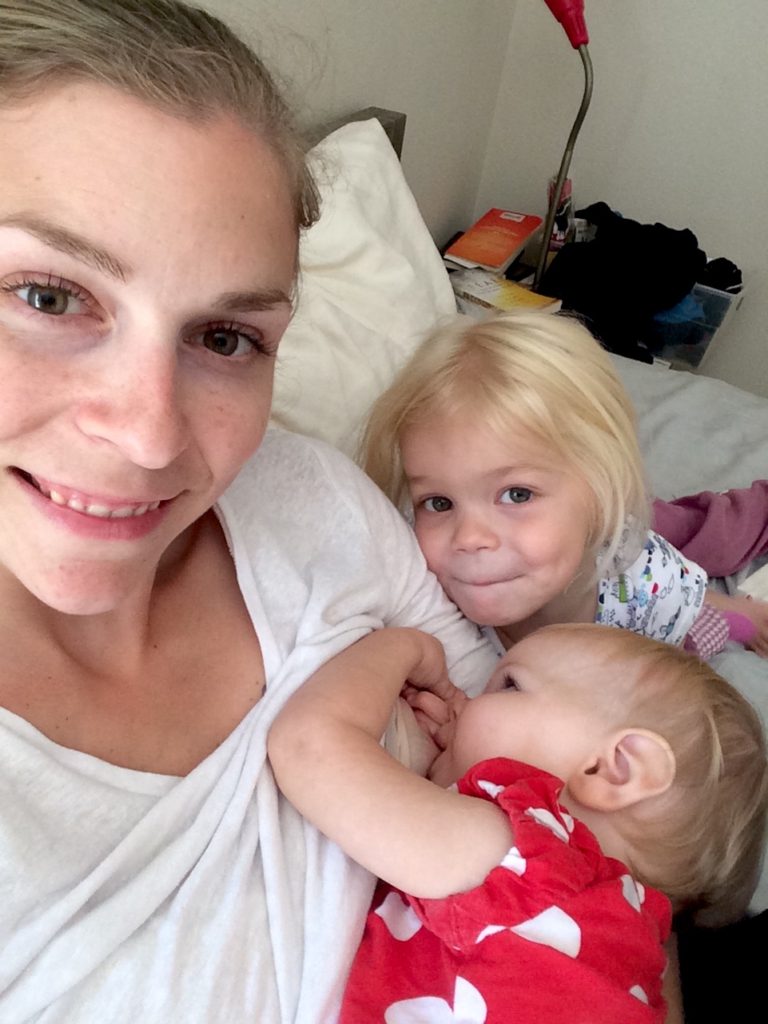
Don’t take my word from it, though. A 2016 study of more than 200 babies found that infants who underwent tongue tie corrections saw breastfeeding improvements a week after the procedure—and that improvements continued for at least the first month. This trend held true for babies with posterior tongue tie (which is less often diagnosed, and which is what Kiwi had). What’s more, babies whose tongue ties were released were able to drink 155% more milk compared to before the procedure. (Side note: This article was authored by Dr. Bobak Ghaheri, one of the world’s leading experts on tongue tie and breastfeeding medicine, who also corrected Kiwi’s tongue tie. He has phenomenal tongue tie and breastfeeding resources on his web site.)
In addition, a different randomized, controlled study found that correcting a baby’s tongue tie was more effective in improving breastfeeding than intensive work with a qualified lactation consultant. In this study, 95% of the babies whose tongue ties were corrected were better able to breastfeed.
There are people out there who dismiss tongue tie as a fad, who will try to convince you tongue tie revision is an unnecessary and cruel procedure, and who will swear that your baby doesn’t have tongue tie despite showing all the signs and symptoms of tongue tie. But trust your gut and seek expert opinions if you think tongue tie and breastfeeding pain are linked for you. I’m so glad I did. After all, getting my babies’ tongue tie corrected enabled me to meet my goal of continuing to breastfeed. Fixing their tongue tie saved our breastfeeding relationship.
Again, I want to re-emphasize that I am not a medical professional. This post is based on peer-reviewed journal articles and studies, personal experience and medical advice I have received. This post is not meant to diagnose or treat anyone or any medical issue; rather, this post is meant to help struggling families get the information they need and advocate for themselves.
If you’re looking to troubleshoot more breastfeeding problems, click these links because they have helped tens of thousands of other blog visitors. Here are my most popular breastfeeding posts:
How to increase your milk supply
How to fix a clogged duct
How to deal with unsupportive colleagues while you pump at work

